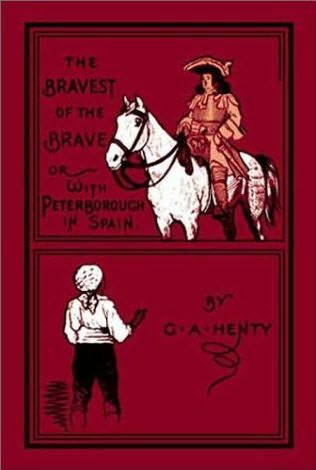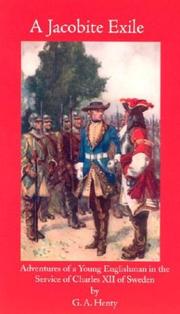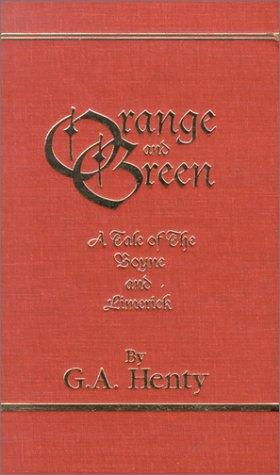
The Winning of a Continent
By G.A.Henty
(~420 pg) Read Online
(26.1 M) PDF
(13.8 M) B/W PDF
(~420 pg) EPUB
(~420 pg) Kindle
(~420 pg) Daisy
(677.2 K) Full Text
(9.8 M) DjVu
PEEFACE.
MY DEAR LADS,
In the present volume I have endeavoured to give the details of the principal events in a struggle whose importance can hardly be overrated. At its commencement the English occupied a mere patch of land on the eastern seaboard of America, hemmed in on all sides by the French, who occupied not only Canada in the north and Louisiana in the south, but possessed a chain of posts connecting them, so cutting off the English from all access to the vast countries of the west. On the issues of that struggle depended not only the destiny of Canada, but of the whole of North America and, to a large extent, that of the two mother countries. When the contest began the chances of France becoming the great colonizing empire of the world were as good as those of England. Not only did she hold far larger territories in America than did England, but she had rich colonies in the West Indies where the flag of England was at that time hardly represented, and her prospects in India were better than our own. At that time, too, she disputed with us on equal terms the empire of the sea. The loss of her North American provinces turned the scale. With the monopoly of such a market the commerce of England increased enormously, and with her commerce her wealth and power of extension, while the power of France was proportionately crippled. It is true that in time the North American colonies, with the exception of Canada, broke away from their connection with the old country, but they still remained English, still continued to be the best market for our goods and manufactures. Never was the shortsightedness of human beings shown more distinctly than when France wasted her strength and treasure in a sterile contest in the continent of Europe, and permitted, with scarce an effort, her North American colonies to be torn from her. All the historical details of the war have been drawn from the excellent work entitled Montcalm and Wolfe, by Mr. Francis Parkman, and from the detailed history of the Louisbourg and Quebec expeditions, by Major Knox, who served under Generals Amherst and Wolfe.
Yours very sincerely,
G. A. HENTY.


















